Hydrochloric acid to react with the marble chips independent variable marble chips to react with the acid dependent variable stopwatch to accurately time the experiment spatula to handle the marble chips measuring cylinder to precisely measure out different concentrations of hydryochloric acid electric balance to measure the mass g of the marble chips bung.
Marble and hcl experiment.
The mass of the marble chips in each test tube.
The reaction using a higher concentration of hydrochloric acid is faster.
I will add calcium carbonate marble chips to hydrochloric acid.
To ensure it is a fair test.
Pieces of marble are thrown into hydro chloric acid.
Click each image to see positive and negative results of the acid test.
A strong effervescence can be observed.
Plot the results on the same graph.
The different concentrations of diluted water mixed with hydrochloric acid.
In the investigation i am going to find out how the surface area affects the rate of reaction by measuring the amount of gas produced and weight loss in a reaction between small large pieces of marble chips calcium carbonate and hydrochloric acid per minute.
The rate of this reaction can be changed by changing the size of the marble chips.
Investigating the rate of reaction between marble chips calcium carbonate and hydrochloric acid aim.
The solution fizzes and gives off the gas carbon dioxide.
Marble chips calcium carbonate caco 3 react with hydrochloric acid hcl to produce carbon dioxide gas.
The volume of the hydrochloric acid will need to stay the same.
Calcium chloride solution is also formed.
Marble reaction with hydrochloric acid.
10cm3 of hydrochloric acid and 40cm3 of water 20cm3 of hydrochloric acid and 30cm3 of water 30cm3 of hydrochloric acid and 20cm3 of water 40cm3 of hydrochloric acid and 10cm3 of water and 50cm3 of just hydrochloric acid.
When calcium carbonate is added to hydrochloric acid a reaction takes place.
An investigation of the reaction between marble chips and hydrochloric acid.
Powdered marble reacts with hydrochloric acid to release bubbles of carbon dioxide gas.
The time it takes for the marble chips to dissolve.
Drop a small amount of dilute hydrochloric acid on an area of your sample that has been scratched by a nail.
Compare the slopes of the two graphs.
Using the apparatus shown the change in mass of carbon dioxide can be measure with time.
Repeat the experiment with 20g of the same marble chip size and 20cm 3 of the acid made up to 40 using distilled water.
Calcium carbonate is dissolved by hydrochloric acid thereby forming gaseous carbon dioxide.
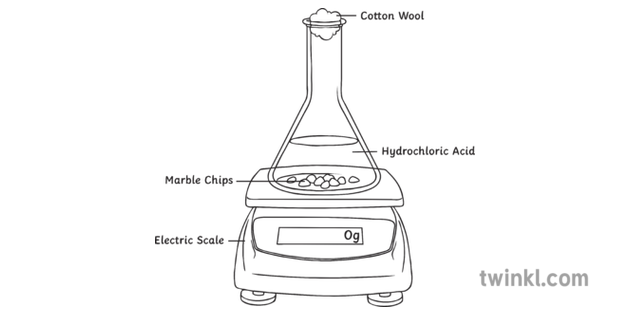
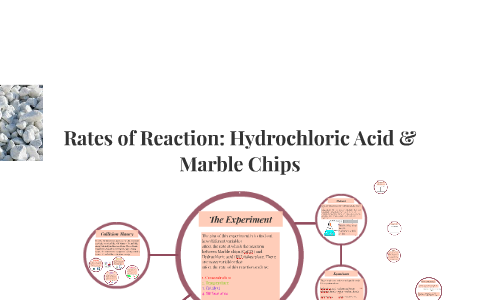
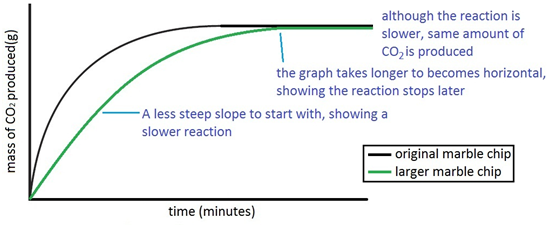
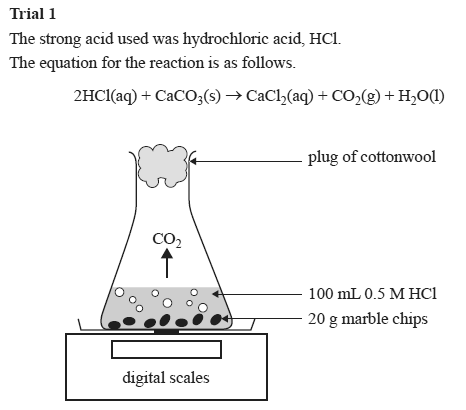




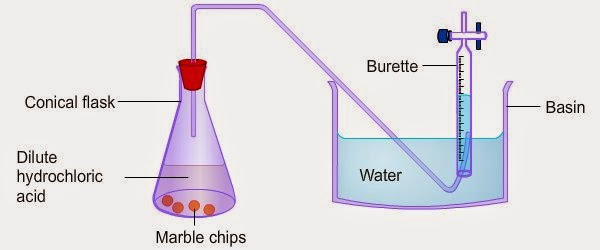.jpg)
